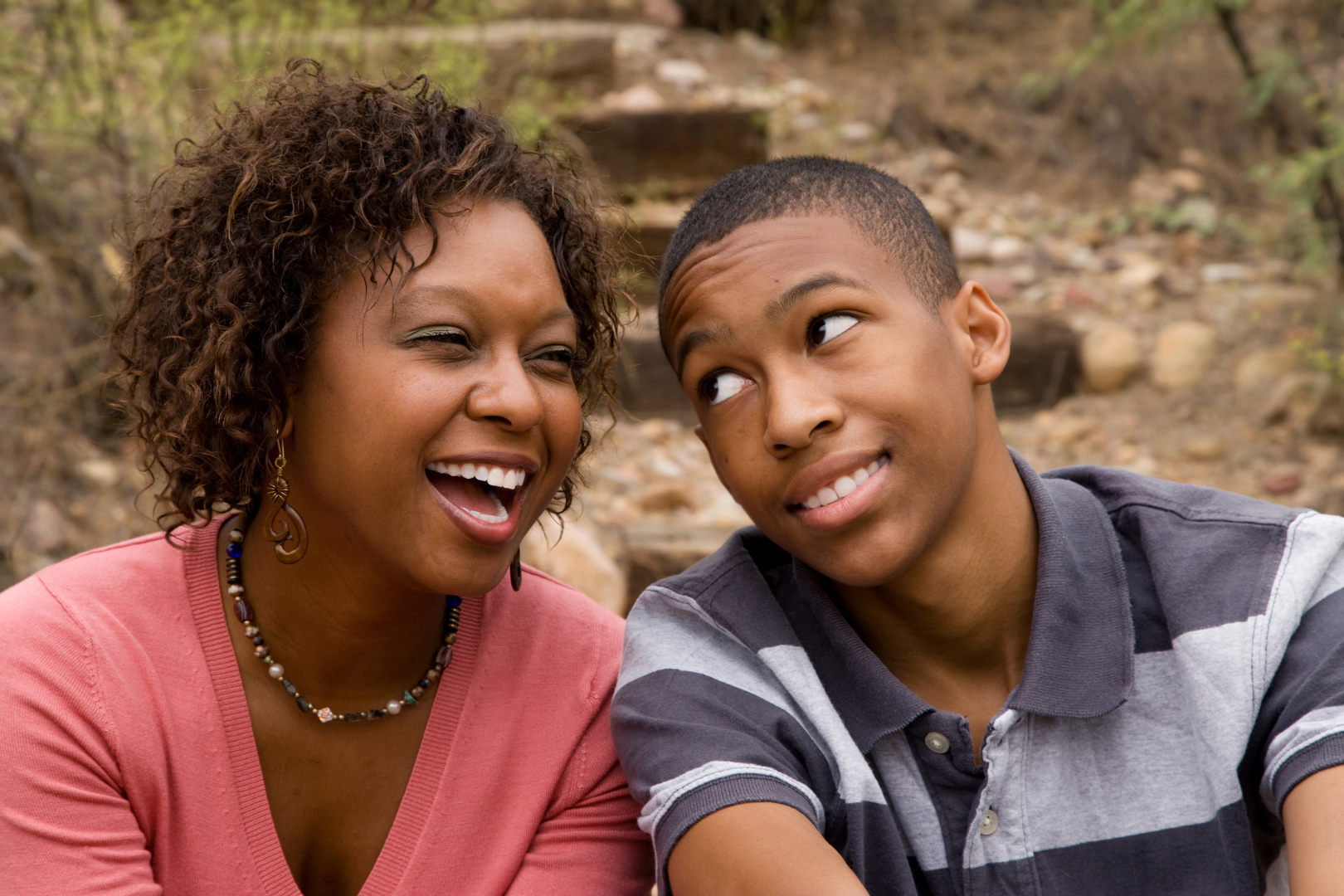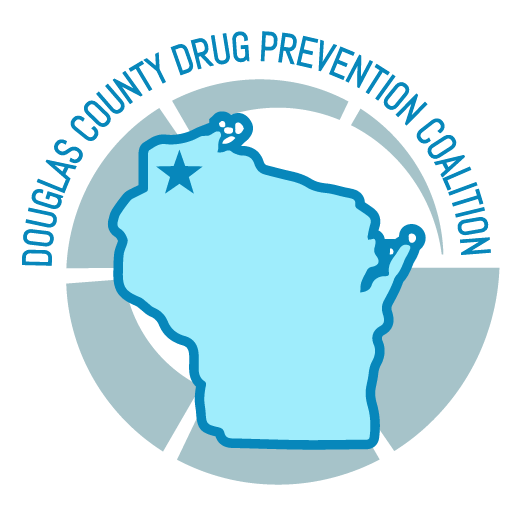Know what to say and do to have a successful small talk:

Small talks about underage drinking can make a big difference in a kid’s choices because they really do listen. Research shows having frequent, casual conversations about alcohol, starting around age 8, can be a lot more effective — and a lot less intimidating — than one super serious discussion. So, start talking, keep listening, and help give a kid the confidence to grow up alcohol free.
Keep it CASUAL
No fancy script or setting required. Just think about what you want to share with your kid before diving in, and take advantage of the one-on-one moments in your family routine. Like watching television together, or riding in the car.
Control your EMOTIONS
Be prepared to hear things you may not expect or like very much. Try taking a few deep breaths and keep listening. Wait to talk about your feelings when you’re calm.
Set clear EXPECTATIONS
Make sure kids know that underage drinking is illegal and unacceptable. Set clear expectations for their behavior and enforce your house rules consistently.
Be a RESOURCE
Become your kid’s go-to for information and support – instead of friends or the internet – by taking all of their questions seriously and providing calm, non-judgemental answers.
What to SAY:
Ask open-ended QUESTIONS
Get them talking by avoiding yes or no answers. Ask about their friends’ choices, their school experiences, or their thoughts on the alcohol use they see in games, on TV and social media.
Listen, Listen, LISTEN
Show kids you’re interested in what they have to say. Ask questions and let their responses guide the discussion. Don’t let the script in your head distract you from what’s really being said.
Talk about the TOUGH STUFF
Kids can sometimes think of alcohol as a way to cope with stress or trauma in their lives. Give them a safe place to talk about those feelings instead – with you or with a licensed medical or behavioral healthcare provider.
Don’t keep SCORE
It’s tempting to correct kids when their info or opinions differ from your own. Avoid lecturing using scare tactics, or trying to shut them down with facts. It’ll keep the lines of communication open.

Consider sharing your OWN STORY
Afraid to discuss your own underage drinking experiences? What you share is up to you, but revealing your own choices, regrets, or family history may help kids understand what’s at stake.
Situations & Prompts:
Watching a
SHOW:

Listening to
MUSIC:

While
GAMING:

At the
STORE:

Give them 3 fast facts &
help any kid understand the consequences of underage drinking.

About their Friends
A lot of kids believe everybody does it. But underage drinking isn’t as popular in Wisconsin as you’d think.

About their Brains
Alcohol affects kid’s brains more powerfully than adults, and drinking before the brain is fully grown can have devastating effects.
1. 70% of Wisconsin teens say they don’t currently drink.
2. Teen alcohol use is at its lowest rate ever in Wisconsin.
3. Only 16% of Wisconsin high schoolers report using alcohol before age 13.
1. 70% of Wisconsin teens say they don’t currently drink.
2. Teen alcohol use is at its lowest rate ever in Wisconsin.
3. Only 16% of Wisconsin high schoolers report using alcohol before age 13.

About the Risks
Underage drinking can seriously impact nearly every aspect of a young person’s life; from their behavior and relationships to their mental health.

About Binge Drinking
Loosely defined as having 4 or 5 drinks in just 2 hours, binge drinking is especially dangerous for kids.
1. 17% of kids who drink have been in a car with a driver who’d been drinking alcohol.
2. Drinking can lead to issues at school, with friends, and with the law.
3. Underage drinking is associated with higher rates of depression, anxiety and suicide.
1. Around 90% of underage drinking is binge drinking.
2. Kids who drink are more likely to experience alcohol poisoning.
3. Binge drinking lowers inhibitions at a time when youth are already eager to take risks.

About their Friends
A lot of kids believe everybody does it. But underage drinking isn’t as popular in Wisconsin as you’d think.
1. 70% of Wisconsin teens say they don’t currently drink.
2. Teen alcohol use is at its lowest rate ever in Wisconsin.
3. Only 16% of Wisconsin high schoolers report using alcohol before age 13.

About their Brains
Alcohol affects kid’s brains more powerfully than adults, and drinking before the brain is fully grown can have devastating effects.
1. 70% of Wisconsin teens say they don’t currently drink.
2. Teen alcohol use is at its lowest rate ever in Wisconsin.
3. Only 16% of Wisconsin high schoolers report using alcohol before age 13.

About the Risks
Underage drinking can seriously impact nearly every aspect of a young person’s life; from their behavior and relationships to their mental health.
1. 17% of kids who drink have been in a car with a driver who’d been drinking alcohol.
2. Drinking can lead to issues at school, with friends, and with the law.
3. Underage drinking is associated with higher rates of depression, anxiety and suicide.

About Binge Drinking
Loosely defined as having 4 or 5 drinks in just 2 hours, binge drinking is especially dangerous for kids.
1. Around 90% of underage drinking is binge drinking.
2. Kids who drink are more likely to experience alcohol poisoning.
3. Binge drinking lowers inhibitions at a time when youth are already eager to take risks.
Concerned about a kid’s well-being?
Call 211 or 1-833-944-4673
The Wisconsin Addiction Recovery Helpline can help you find local services and support. It’s free, confidential, and available 24 hours a day.

